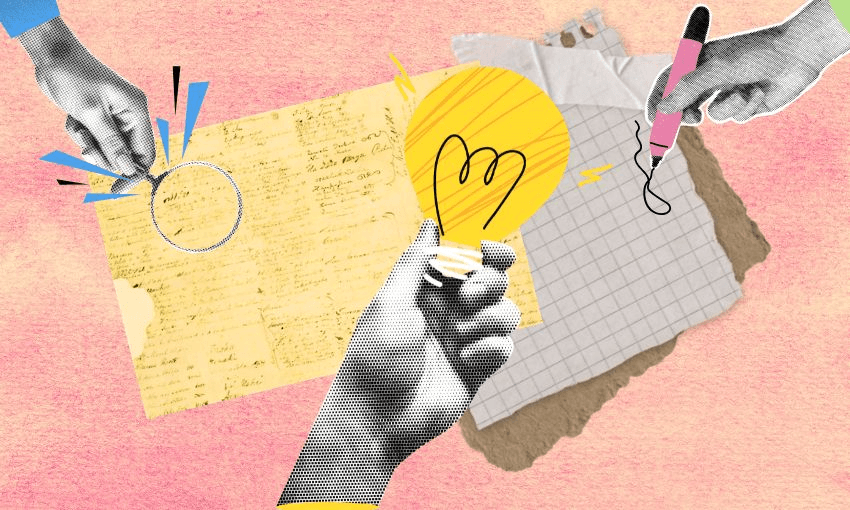Some interesting parts that caught my eye:
- If the hearings are a good indicator of overall submissions, most submitters oppose this bill.
- Most of us can generally agree that the principles laid out in the Treaty principles bill do not accurately reflect what was written in the Treaty or te Tiriti, or the likely intention of those signing it.
- Just because it’s your bill, doesn’t mean you have to show up – Act Party Justice Committee members were no-shows for most of the subcommittee hearings into the Treaty principles bill.
- Being on the conservative side of politics doesn’t necessarily mean this bill will appeal to you, as displayed by submissions in opposition from Chris Finlayson and Dame Jenny Shipley.
- Media interest in these things can wane pretty quickly. On the first day of hearings, essentially every media outlet was in Room 3. In the final week, only Whakaata Māori and The Spinoff remained.



I think number 1 is it’s important to people, and this is the government actively reaching out to hear from people. So it’s a chance for their views to be heard, on the record, which I think is really important.
2 is that when negotiating you start with an anchor value, something too high to be realistic but it pulls the negotiating in that direction. This bill we knew would not pass but the next one may go through because it’s not as bad. Now the government knows there is very little support for any change to the current stance. If no one made a submission we would be back with a new bill in not too long.